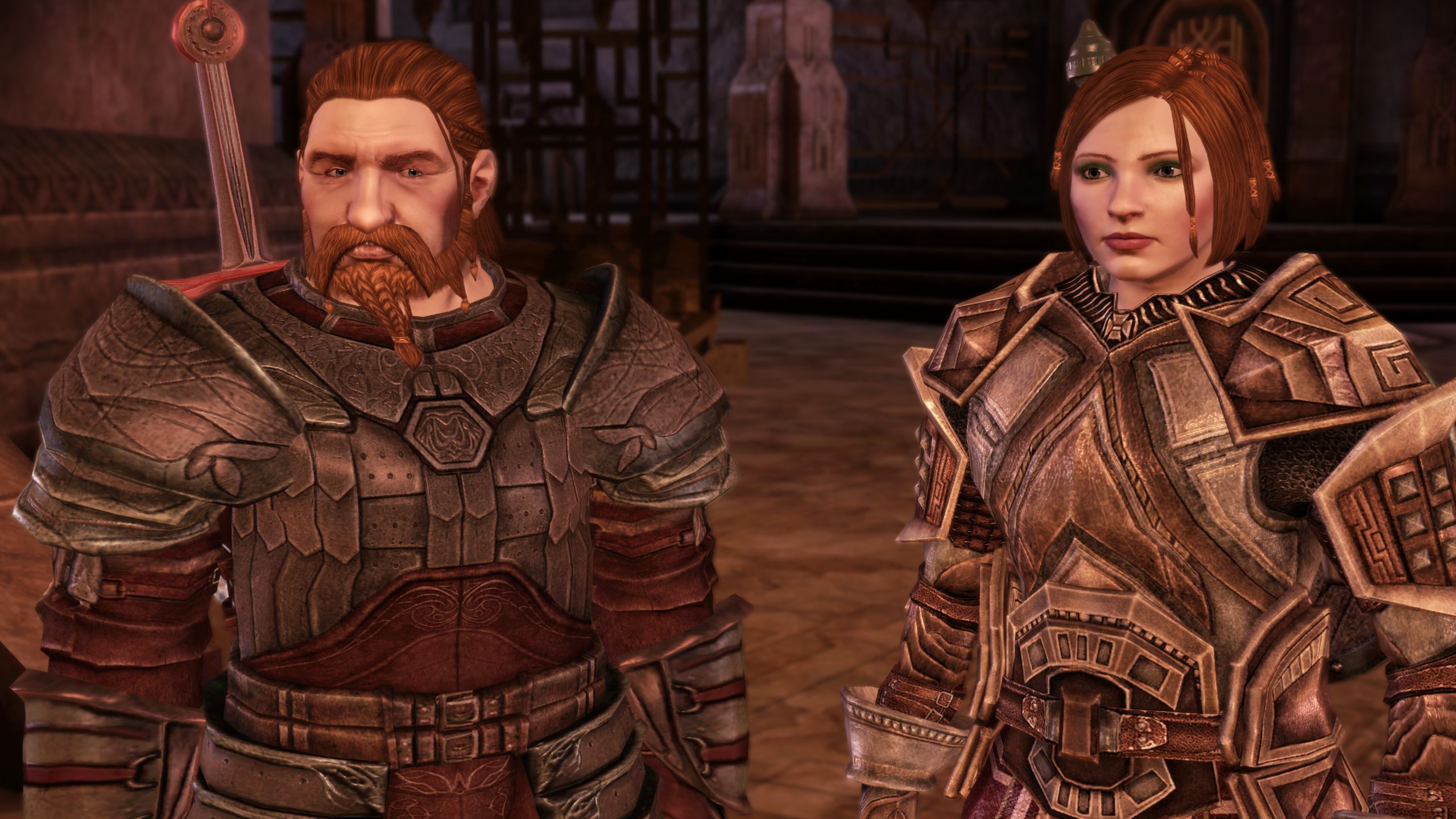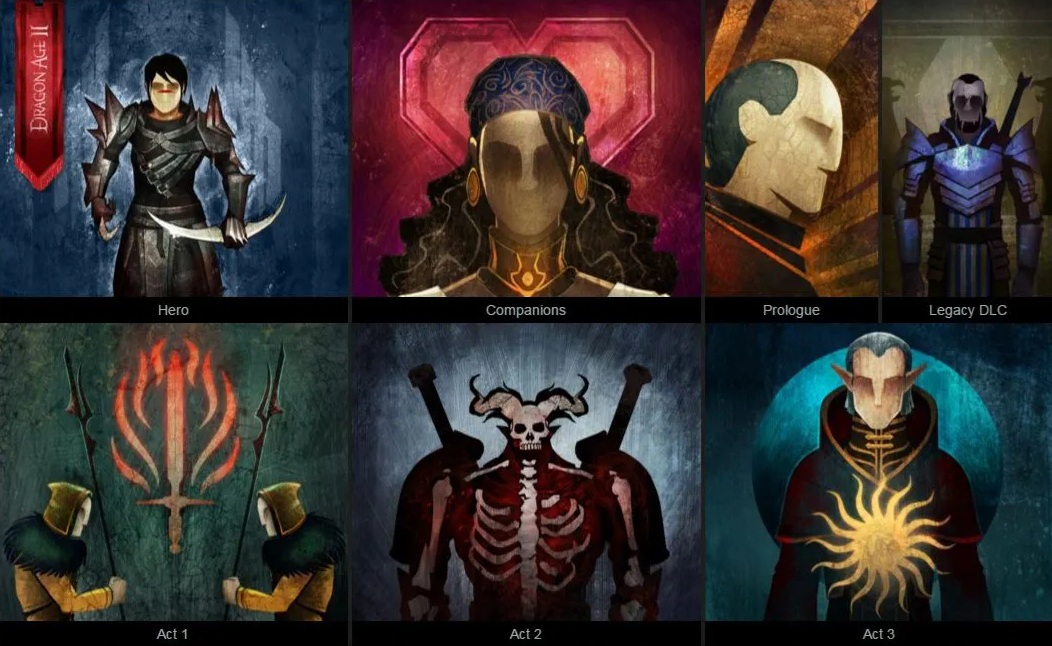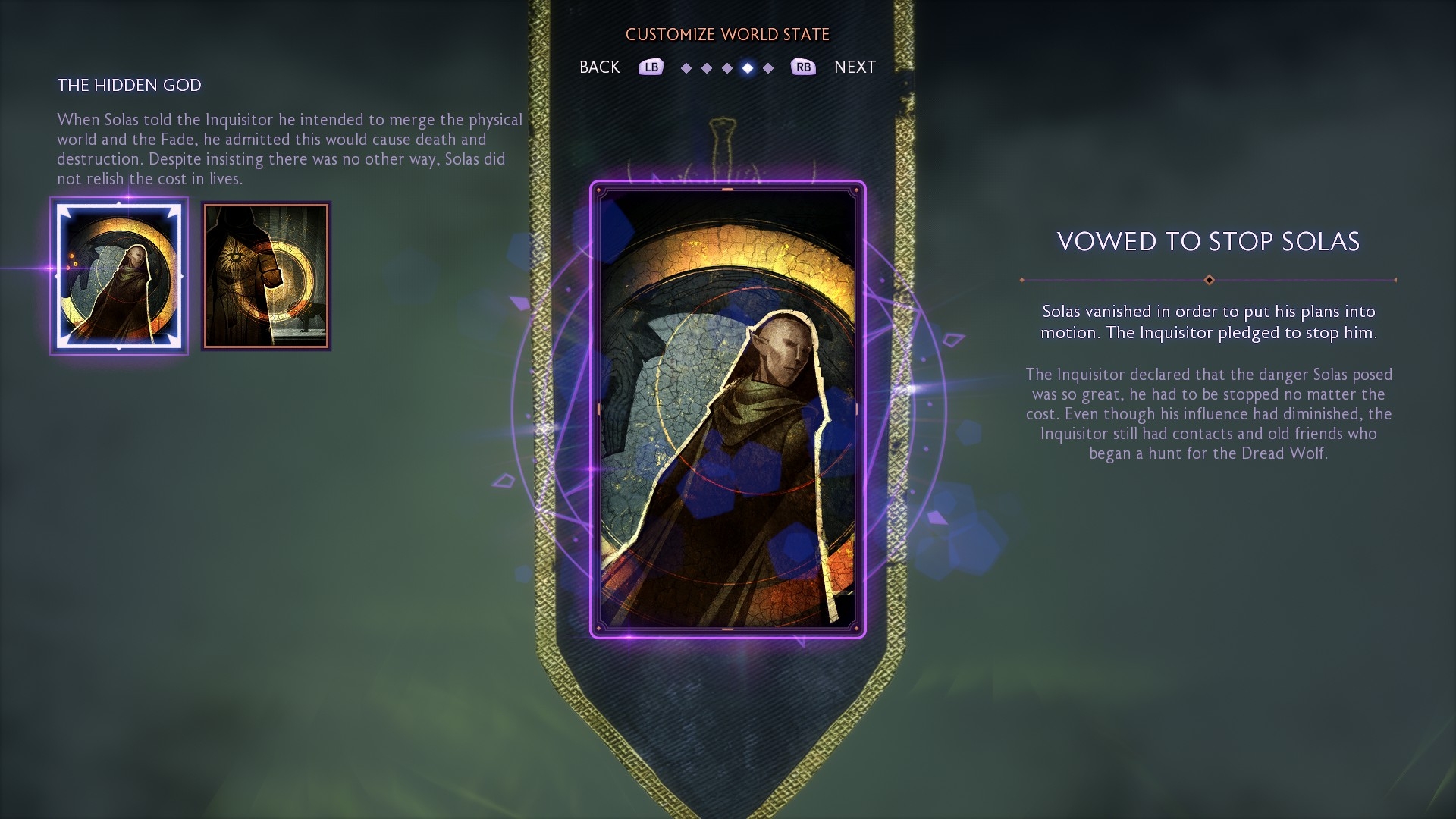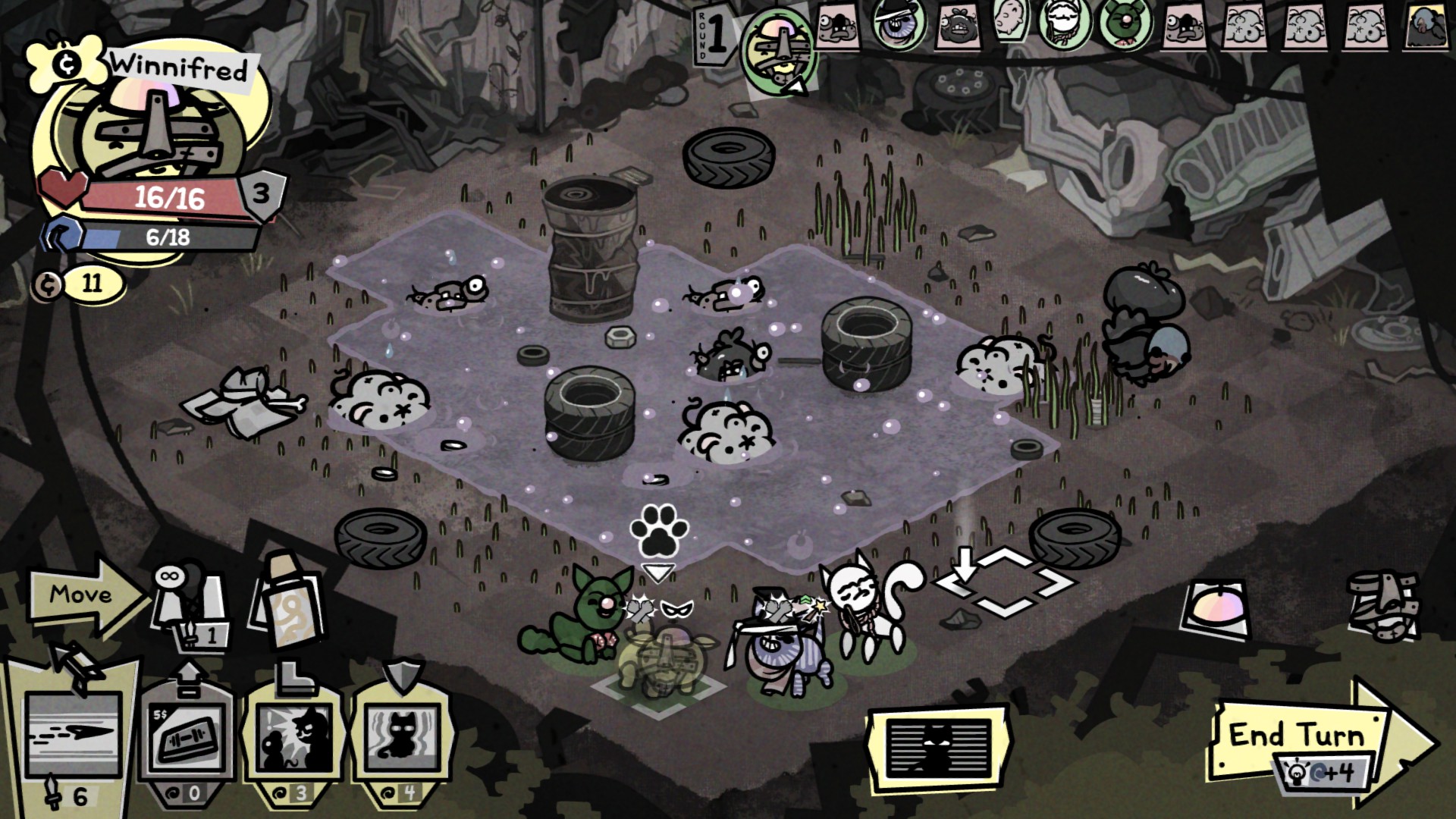Dragon Age wasn't meant to be a series, says former BioWare executive producer, and that's why Origins was full of storylines that 'had to be abandoned'
"Financial reasons" are why it spawned multiple sequels, unsurprisingly.

Keep up to date with the most important stories and the best deals, as picked by the PC Gamer team.
You are now subscribed
Your newsletter sign-up was successful
Want to add more newsletters?

Every Friday
GamesRadar+
Your weekly update on everything you could ever want to know about the games you already love, games we know you're going to love in the near future, and tales from the communities that surround them.

Every Thursday
GTA 6 O'clock
Our special GTA 6 newsletter, with breaking news, insider info, and rumor analysis from the award-winning GTA 6 O'clock experts.

Every Friday
Knowledge
From the creators of Edge: A weekly videogame industry newsletter with analysis from expert writers, guidance from professionals, and insight into what's on the horizon.

Every Thursday
The Setup
Hardware nerds unite, sign up to our free tech newsletter for a weekly digest of the hottest new tech, the latest gadgets on the test bench, and much more.

Every Wednesday
Switch 2 Spotlight
Sign up to our new Switch 2 newsletter, where we bring you the latest talking points on Nintendo's new console each week, bring you up to date on the news, and recommend what games to play.

Every Saturday
The Watchlist
Subscribe for a weekly digest of the movie and TV news that matters, direct to your inbox. From first-look trailers, interviews, reviews and explainers, we've got you covered.

Once a month
SFX
Get sneak previews, exclusive competitions and details of special events each month!
Dragon Age: Origins took some big swings when it came to letting players, as the future Hero of Ferelden, make such a big mark on the world, changing the fates of individuals and nations. And BioWare felt free to give players this kind of agency, this ability to shape the story, because it didn't expect to make more Dragon Age games.
This is according to former executive producer Mark Darrah, who recently gave a wide-ranging and candid interview to MrMattyPlays. Darrah was at BioWare between 1998 and 2022, so he had a front row seat to all of its dizzying highs and depressing lows.
"Dragon Age: Origins originally was intended as a standalone game," Darrah says. "You can see this, if you play Dragon Age: Origins, knowing that it was intended to stand alone. There's a lot of threads that are cast out that kind of had to be abandoned because there could be werewolves all over the world, there might be a civil war happening underground in Orzammar."

These threads, he says, were "great to put out in a game you never had to come back to," but in a series they were much trickier to wrangle.
A big feature of the Dragon Age games, until Veilguard, was the ability to import your choices from previous games, giving you a more bespoke Thedas to play in. The most ambitious version of this system was Dragon Age Keep, an app that took your existing saves from Origins and Dragon Age 2 and then imported them into Dragon Age: Inquisition. If no saves were found, you could pick pre-defined heroes and then select major decisions, deciding how you wanted them to play out.
The third game in the series sort of united the somewhat disparate journeys of the Hero of Ferelden and Hawke, and Dragon Age Keep helped facilitate that, breaking the previous games down to around 300 choices.
But even with that tool, there was a limit to how much the sequels responded to the choices you made previously. Because BioWare never expected to have to deal with them ever again. But that was before Origins became a hit.
Keep up to date with the most important stories and the best deals, as picked by the PC Gamer team.
"It's pretty much financial reasons more than anything," says Darrah. "And I think that the franchise has been much more forward looking ever since then."
This assertion is backed up by BioWare's decision to make Dragon Age 2's reactivity more localised. The choices you made in that game still had echoes, but a lot of them were more personal or focused specifically on the game's primary location: the city of Kirkwall.
Dragon Age: Inquisition, though, suggests that BioWare didn't actually learn its lesson. Its world state was the product of all the choices you made in the two previous games, and then it introduced lots of major decisions that had a global impact, giving the team more stuff to untangle than ever before.
Except that it didn't actually do that. Not at all. One of The Veilguard's many letdowns was the disconnect between it and its predecessors. There was no save import feature, no return of Dragon Age Keep. Instead, it took 15 years of agency and player-driven world building and boiled it all down to a trio of decisions, most of which were frankly meaningless. All of them stemmed exclusively from Inquisition, primarily its Trespasser DLC, and had only a minor impact on The Veilguard.
If BioWare had known it was making a series, it might have held back, so I'm pretty glad it came as a surprise. It was more work for the developers, of course, but also produced games where it felt like we were the authors of our journeys. Until The Veilguard, anyway.
A much more notable obstacle, from the sounds of it, was EA. Even though the publisher saw value in the series after Origins' success, it didn't really get it.
"The problem that Dragon Age has had, charitably I guess, is that EA wants mainstream success," says Darrah, "and it's hard, or at least it has historically been hard, for corporate people, people who come from the sports side of the organisation to look at a game like Dragon Age: Origins, which is super nerdy, not very attractive looking, and say 'Oh, this is a mainstream game.' They don't see it."
This echoes what Darrah's former colleague, David Gaider, said earlier in the year. EA just didn't know what to do with Dragon Age.
Darrah describes the series' development as "wobbling back and forth a lot, trying to reach out, and then pulling back when it got ahead of itself". And we saw it again with The Veilguard. The action-based combat, the streamlined choices, the disconnect with the previous games. The whole thing was designed for people who didn't really care about Dragon Age; the broadest possible audience.
The version of BioWare that made Origins didn't know Dragon Age was going to be a whole thing, it wasn't making future plans, and it wasn't trying to support a brand by bringing in players who don't like nerdy CRPGs. And that's how we got one of the best and richest RPGs ever made. The BioWare of today, meanwhile, is more firmly entrenched in EA's corporate culture, encouraged to make simpler people-pleasers. And that's how we ended up with an RPG that feels like the series' death knell.

👉Check out our list of guides👈
1. Best gaming laptop: Razer Blade 16
2. Best gaming PC: HP Omen 35L
3. Best handheld gaming PC: Lenovo Legion Go S SteamOS ed.
4. Best mini PC: Minisforum AtomMan G7 PT
5. Best VR headset: Meta Quest 3

Fraser is the UK online editor and has actually met The Internet in person. With over a decade of experience, he's been around the block a few times, serving as a freelancer, news editor and prolific reviewer. Strategy games have been a 30-year-long obsession, from tiny RTSs to sprawling political sims, and he never turns down the chance to rave about Total War or Crusader Kings. He's also been known to set up shop in the latest MMO and likes to wind down with an endlessly deep, systemic RPG. These days, when he's not editing, he can usually be found writing features that are 1,000 words too long or talking about his dog.
You must confirm your public display name before commenting
Please logout and then login again, you will then be prompted to enter your display name.



